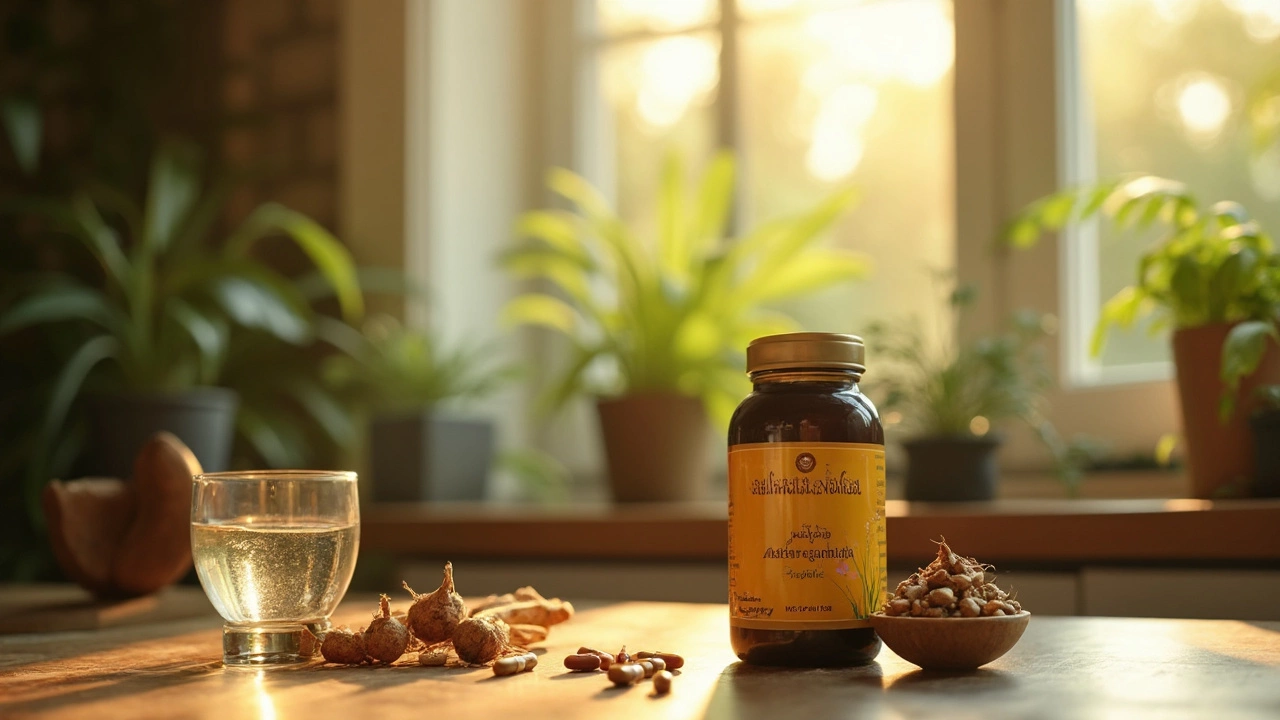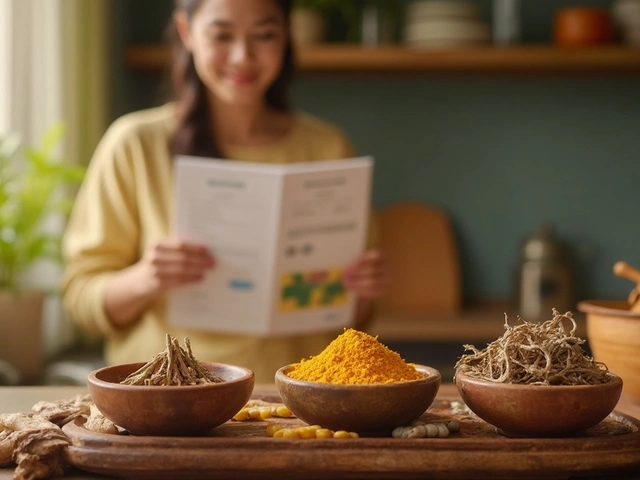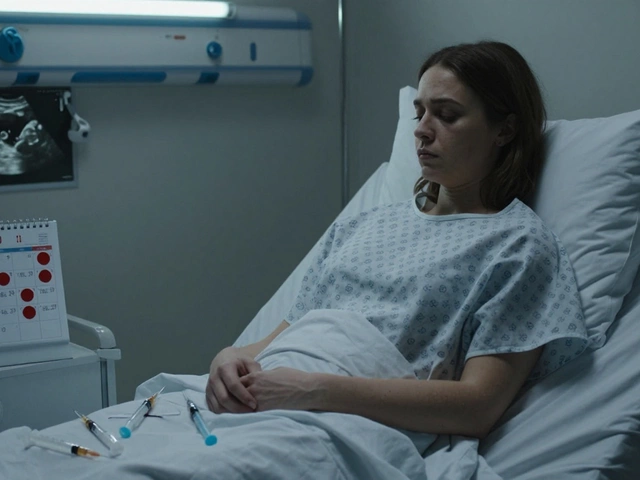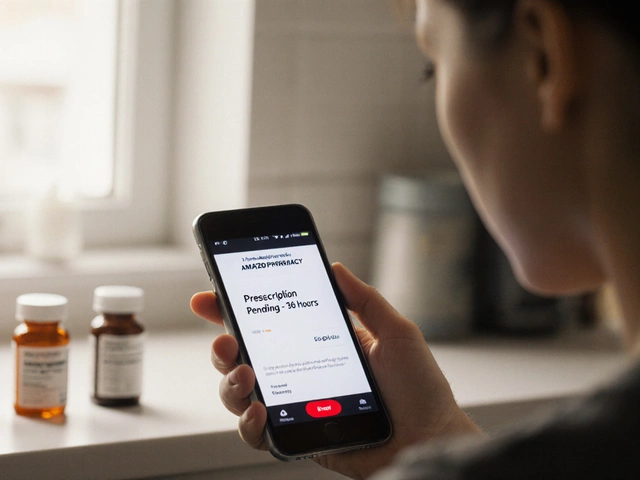Safety First: Practical Advice for Health, Surgery and Supplements
When it comes to your health, safety isn’t an extra – it’s the foundation. Whether you’re planning surgery abroad, booking a free health check‑up, or picking a herbal supplement, a few simple steps can keep you out of trouble.
How to Spot Safe Medical Services
Start by checking accreditation. In India and abroad, look for JCI‑accredited hospitals or clinics that publish success rates. Ask the doctor about infection‑control protocols and how they handle complications. If a price looks too good to be true, dig deeper – hidden fees often hide quality problems.
For medical tourism, compare the cost of the same procedure in two or three countries. Look at travel safety, language support and post‑op follow‑up. A reliable provider will give you a clear plan for after the surgery, including who to call if something feels off.
Safe Choices for Herbal Supplements and Ayurvedic Medicines
Herbal products can be helpful, but they’re not automatically safe. Check the label for a batch number, manufacturing date and a clear list of ingredients. Buy from companies that run third‑party tests and publish the results.
Watch out for herbs that can harm your kidneys or interact with prescription drugs – for example, certain high‑dosage licorice extracts or unsupervised ayurvedic mixtures. If you’re on medication, ask your pharmacist how the supplement might affect it.
When a free health check‑up is offered, read the fine print. Know which tests are included for your age group and which ones might cost extra later. Ask the provider how they handle abnormal results – you should get a clear report and a follow‑up plan, not just a vague “call us”.
Recovery after surgery is another safety point. Follow the doctor’s rehab schedule, keep the incision clean and watch for signs of infection like redness or fever. If you’re recovering at home, set up a comfortable space with easy‑reach supplies – medication, water, and a phone within arm’s length.
In case of knee or heart surgery, know the typical recovery timeline. For knee replacement, expect a few weeks of limited walking and a gradual increase in activity. For heart procedures, monitor blood pressure and limit heavy lifting for the first month. These simple checks can flag problems early.
Finally, trust your gut. If a medical professional rushes you, avoids answering questions or pressures you into a decision, step back. Good safety practice means you’re comfortable with every step before you sign any consent form.
Use these guidelines as a checklist every time you consider a medical service or product. A little extra effort now can save you from pain, expense, and disappointment later.






